“If you want to advance human health and you’re not working towards AGI [Artificial General Intelligence]/ASI [Artificial Super Intelligence] right now the 2 most important things you can be building are enabling hardware and/or scientific data sets/reliable biological data that no one else can or will create. All the ‘AGI will solve cancer’ claims are […]
Explore Cancer Immunology Articles
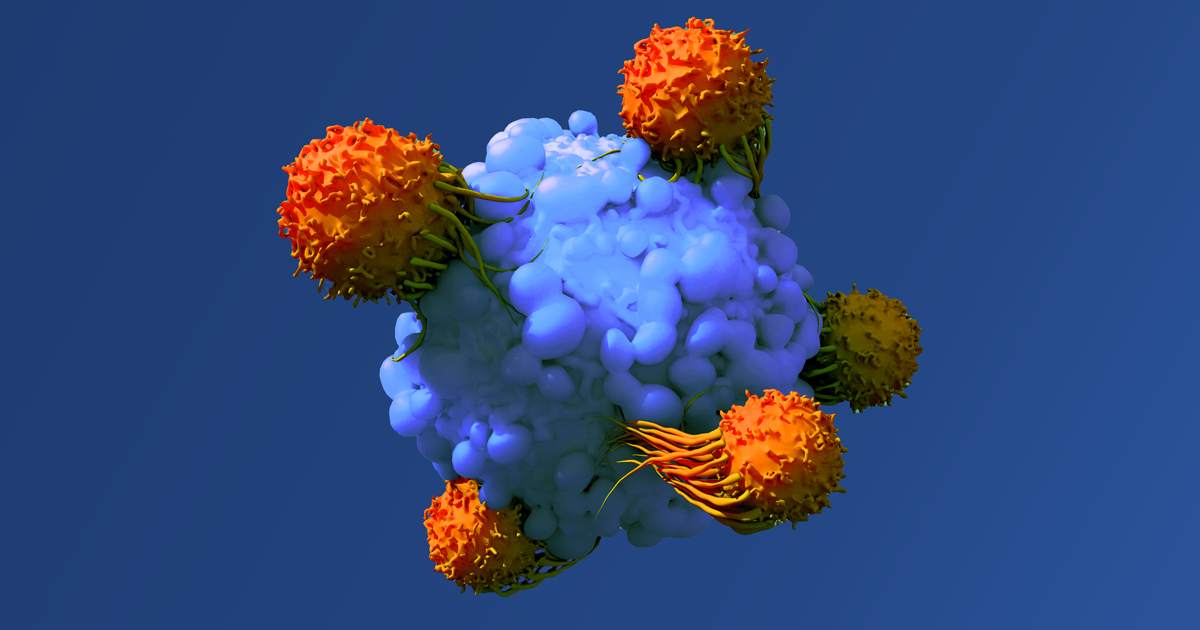
Human papillomavirus (HPV)-negative head and neck squamous cell carcinoma (HNSCC) has remained challenging to treat, particularly due to its resistance to conventional therapies and limited response to immunotherapy. However, a recent study conducted by researchers at the Medical College of Wisconsin sheds new light on a potential breakthrough in this arena. Their findings, published in […]
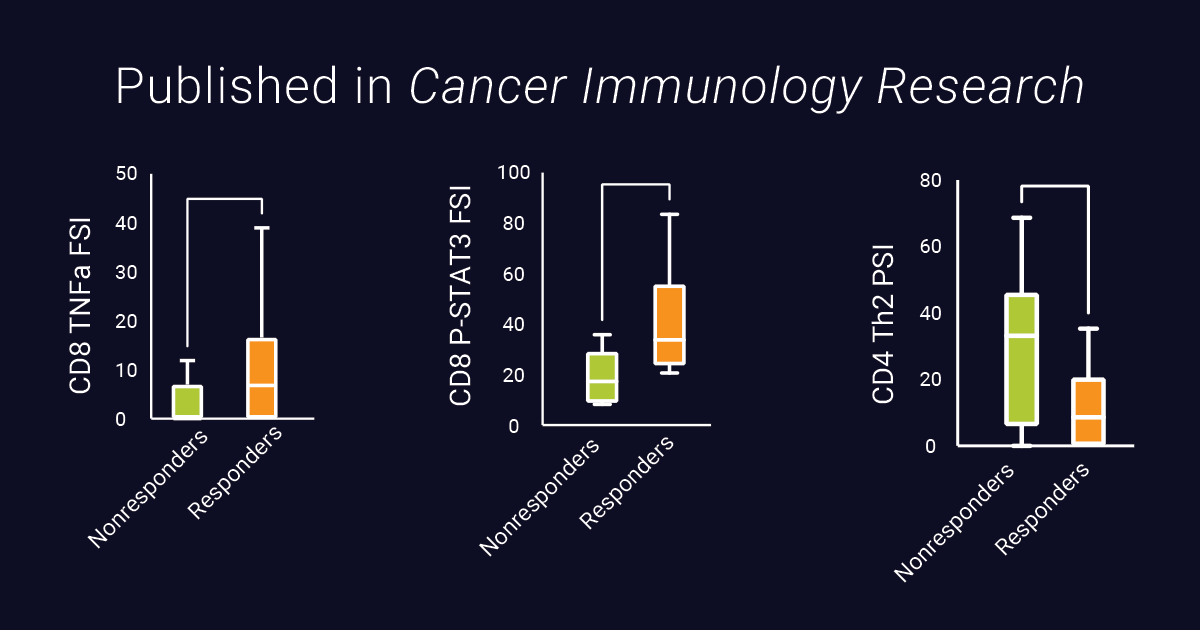
In cancer immunotherapy, TCR-T based cell therapies show promise for addressing specific types of solid tumors; however, variable patient responses and the potential for relapse indicate a need for improvement. A recent study published in Cancer Immunology Research by researchers at UCLA investigates clinical biomarkers for patient response in TCR-T therapy, shedding light on crucial […]
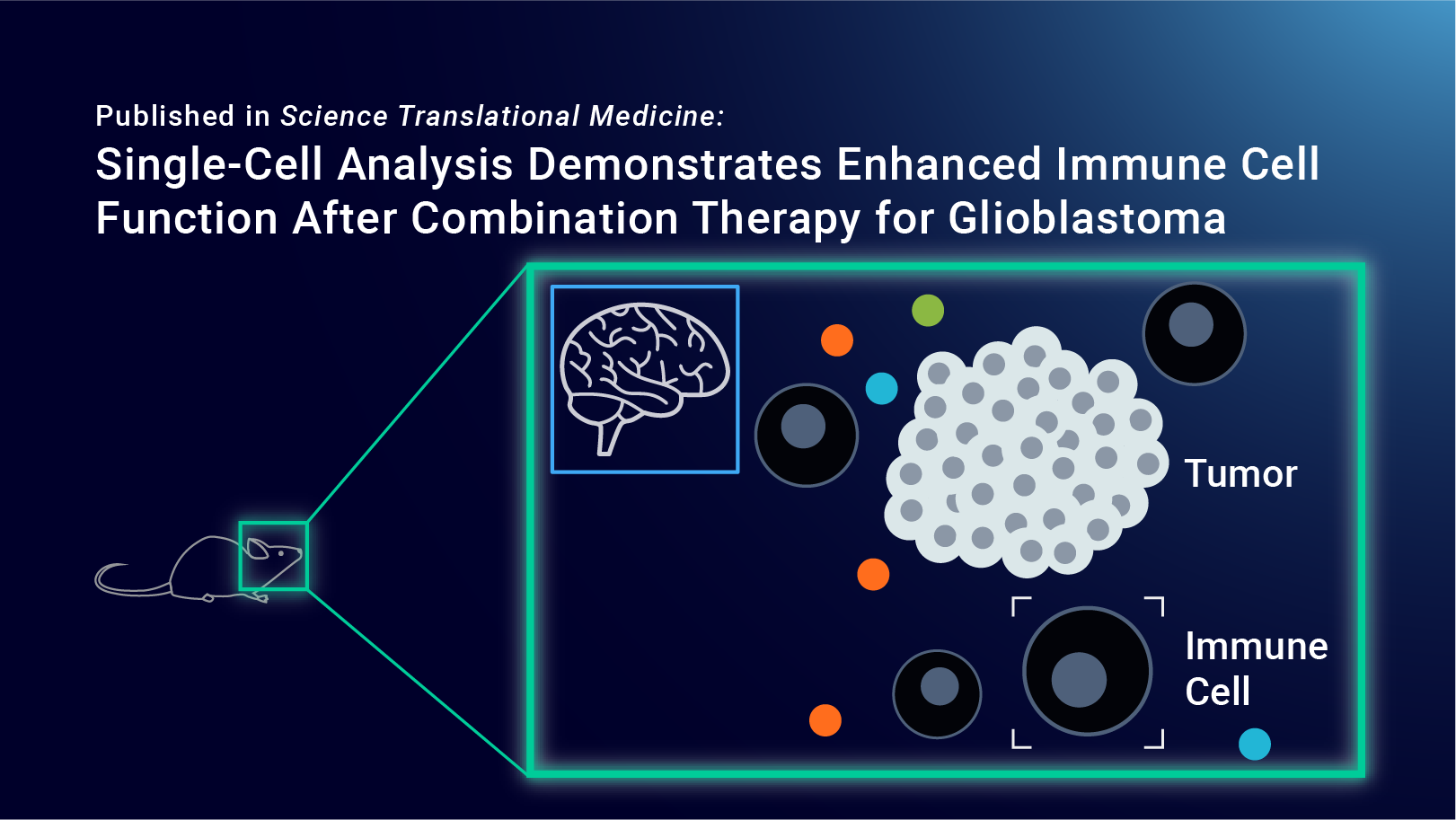
Immunotoxin therapies have substantial potential and have already been demonstrated to improve outcomes in several types of cancers, but their efficacy has been limited. Cancer and tumor-associated cells oftentimes secrete proteins or express receptors that dampen immune activity to create an immunosuppressive environment that hinders therapeutic efficacy. Molecules that stimulate immune activity can help to […]
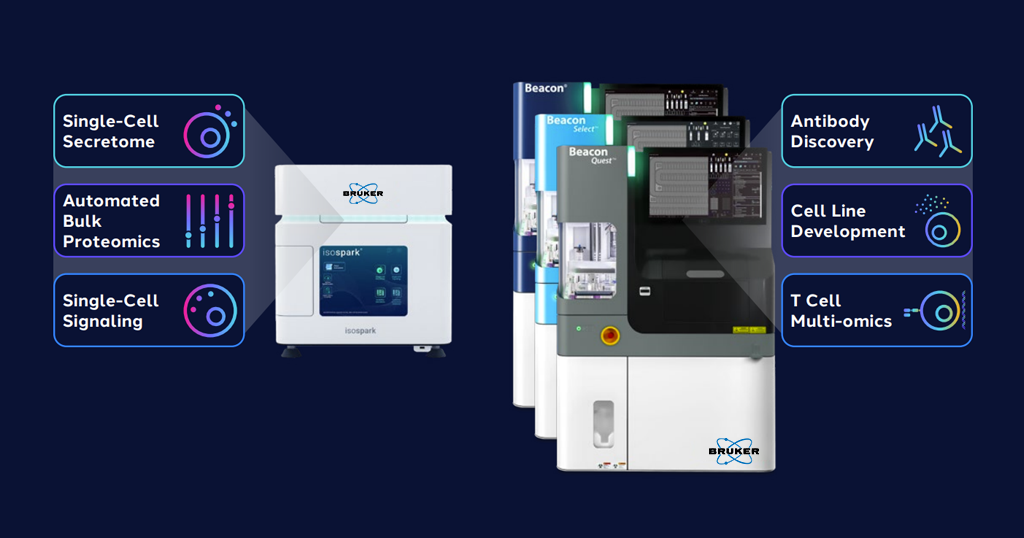
The convergence of optofluidics and proteomic barcoding technologies marks a significant milestone in the evolution of cancer immunotherapy research. These cutting-edge tools empower scientists to unravel the complexities of immune responses, cellular behaviors, and functional proteomics with unprecedented speed and precision. As the pursuit of personalized medicine gains momentum, these technologies offer promise in guiding […]

In both research and clinical settings, the ability to identify which immune cells in a person’s body contribute to either cancer progression or clearance and their target specificity is of critical importance. Moreover, a more thorough understanding of the biological properties of T cells that correlate with clinical outcome is required and can help guide […]
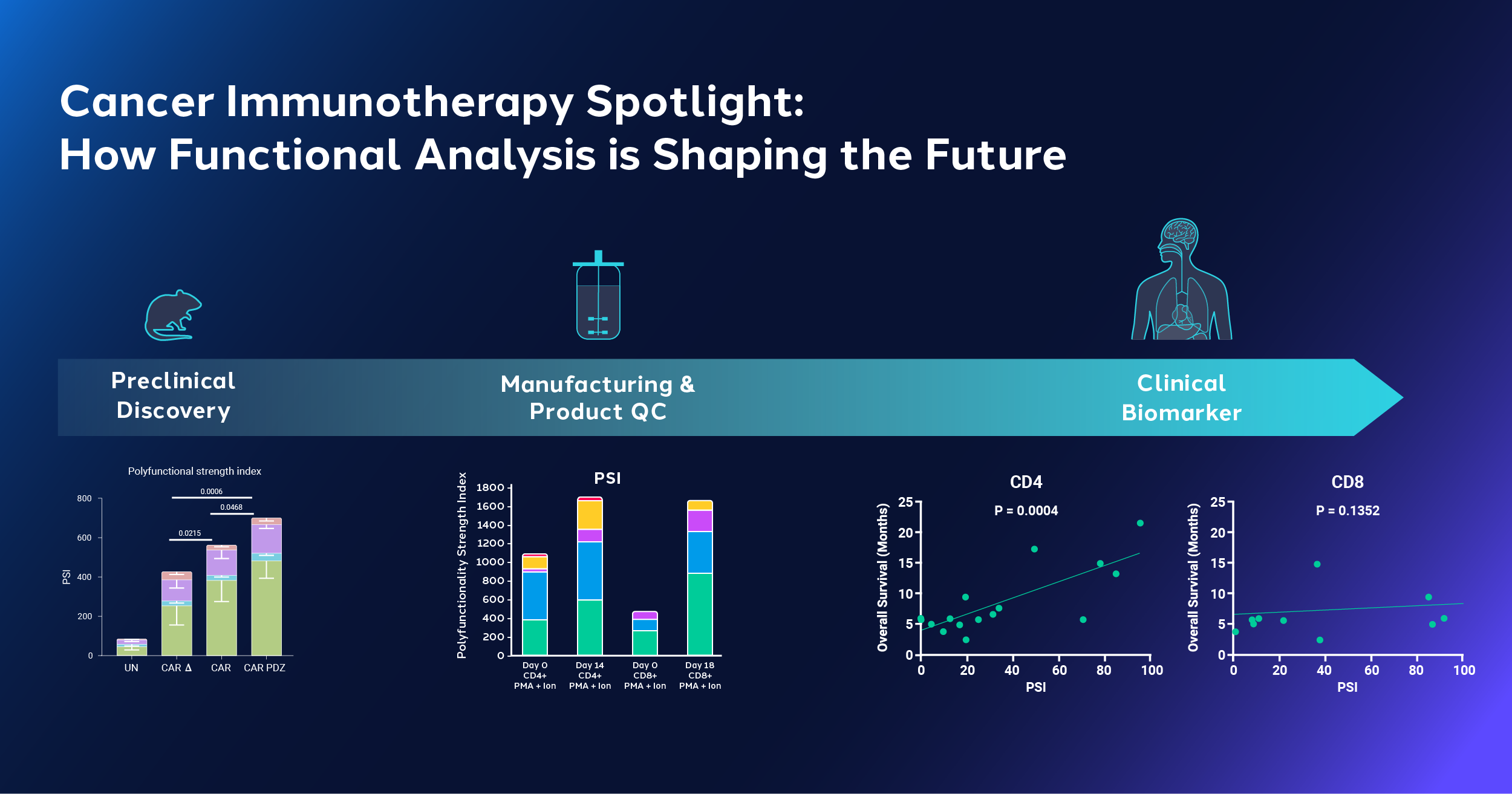
Over the last few decades, the scientific community has turned its gaze towards a promising field in the fight against cancer – immunology. The idea of harnessing the power of the immune system and functional cytokines to develop cancer treatments has been gaining traction.1 However, the cancer immunotherapy development pipeline is a long and winding […]
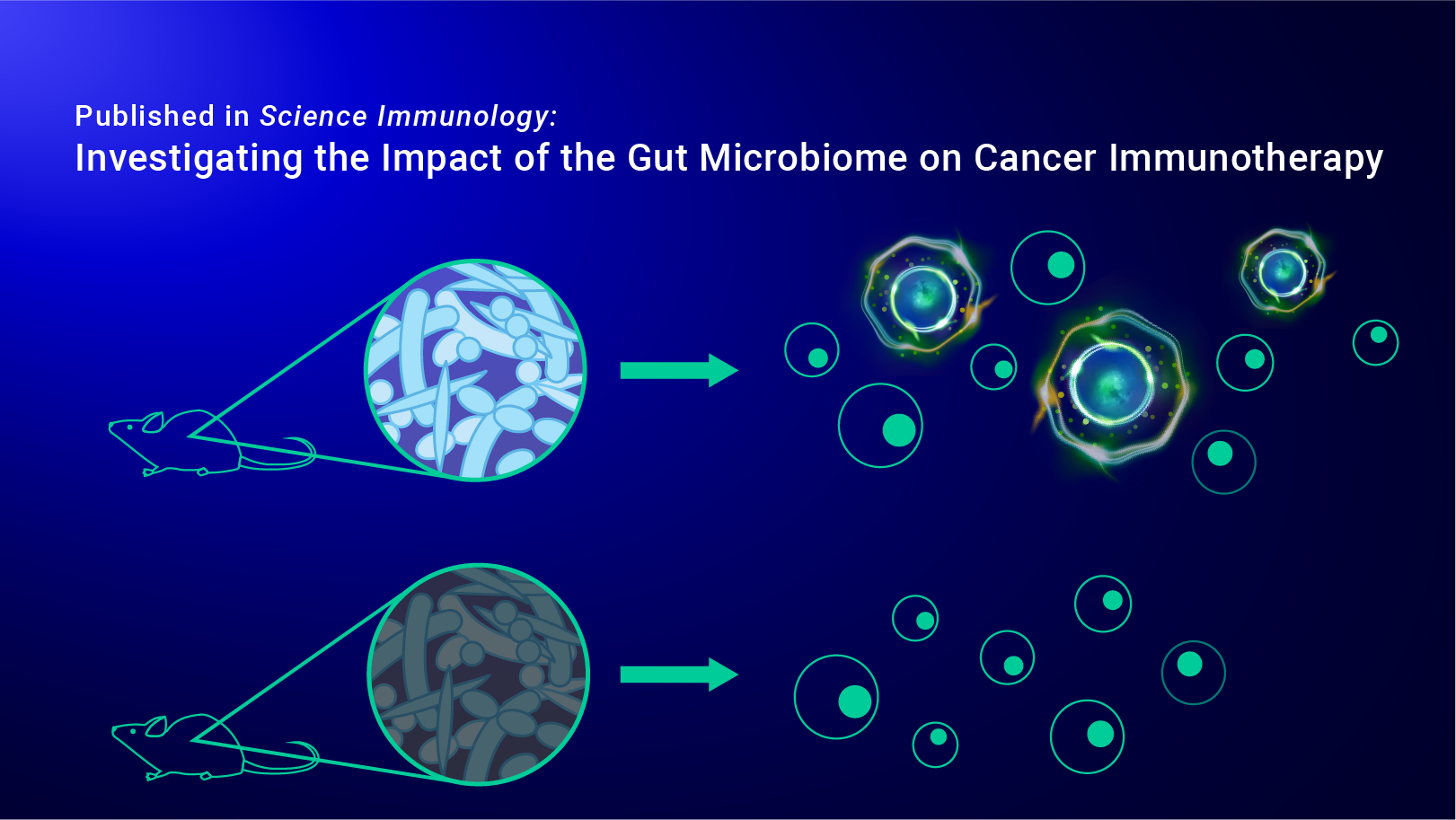
Immune checkpoint inhibitor therapy (ICT) is a form of cancer immunotherapy that specifically targets immune checkpoint regulators that tumor cells use to evade immune responses. Though ICT treatments have shown promising results in patients with previously “incurable” cancers, up to 50% of patients continue to remain unresponsive to the therapy. To identify the mechanisms driving […]

As next-generation precision medicine grows, so does the need for broader accessibility to cutting-edge technologies. To meet this demand, Bruker Cellular Analysis has introduced the Beacon Quest™ optofluidic system, a two-chip optofluidic system that features Opto T Cell Profiling workflows for immunotherapy translational research, Opto Plasma B Discovery workflow and Opto Memory B Discovery workflows […]

Biologics have immense commercial potential. However, developing successful candidates can feel like looking for a needle in a haystack. Research, development, manufacturing, and clinical testing are limited by substantial time and cost considerations. But what if you could identify a higher quantity of quality hits in a fraction of the time and with a fraction […]

